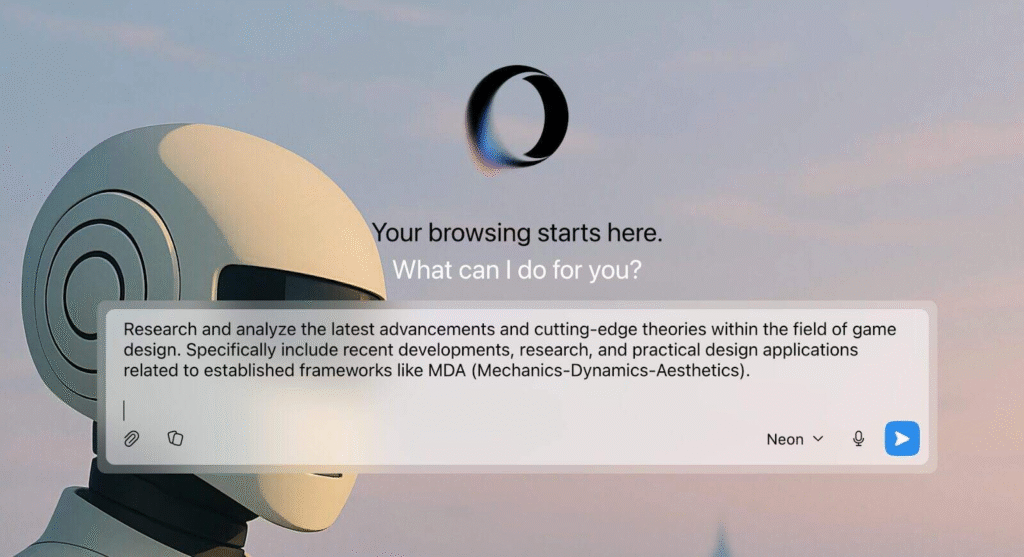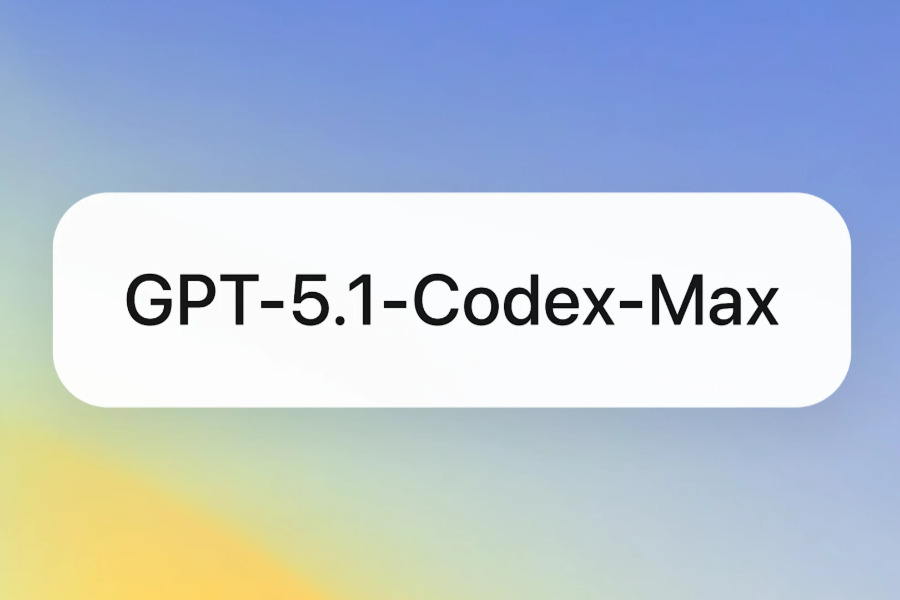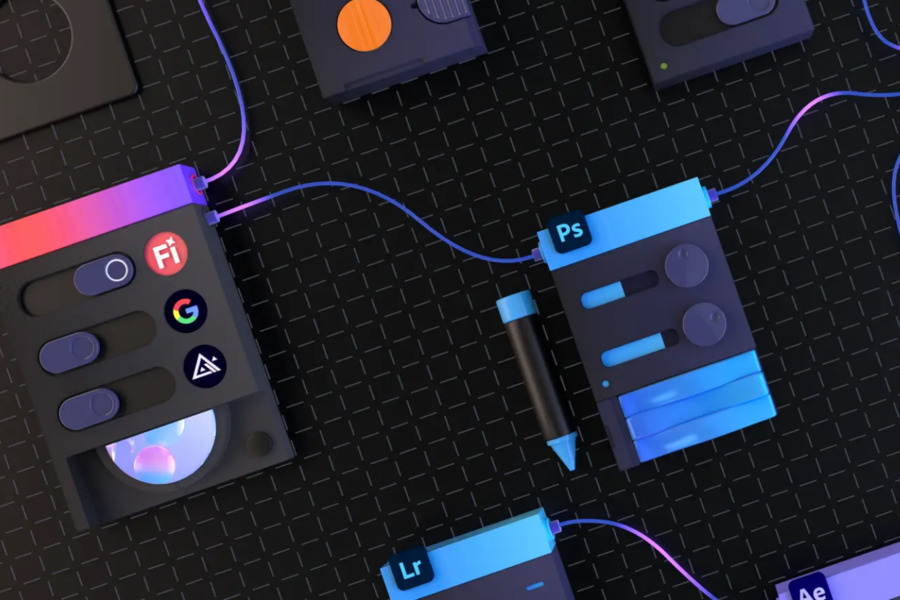Opera has unveiled the Opera Deep Research Agent (ODRA), a groundbreaking AI capability within its experimental Neon browser. This strategic development marks a significant expansion of Opera’s browser AI ecosystem, offering users an efficient method for handling complex information gathering and in-depth research tasks directly within their browser.
The introduction of ODRA comes several weeks after Opera Neon’s initial launch, which debuted with three specialized AI agents: Chat, Do, and Make. These agents were designed to browse the web, gather information, and deliver content ranging from summaries to interactive widgets on behalf of the user.
What is Opera Deep Research Agent?

The Opera Deep Research Agent (ODRA) represents the culmination of over two years of dedicated development and forms a core component of Opera’s proprietary AI engine. After months of continuous refinement and optimization, ODRA has demonstrated substantial performance improvements in internal evaluations.
In the “DeepResearch Bench” benchmark tests, ODRA achieved impressive accuracy metrics, positioning it competitively against established research agents from industry giants like OpenAI and Google. According to Opera’s testing, ODRA secured the second-highest ranking in these benchmarks, outperformed only by Google’s Gemini 2.5 Pro Deep Research model.
With its integration into Opera Neon, ODRA becomes the fourth specialized AI agent in the browser’s arsenal, joining the existing Chat (conversation), Do (execution), and Make (creation) agents. This multi-agent approach reflects Opera’s vision to transform Neon from a simple browsing tool into an operational platform for AI assistants, where different specialized modules collaborate to serve user needs.
How Does Opera Deep Research Agent Work?
ODRA’s distinctive efficiency stems from its innovative server-side parallelization approach to processing research queries. Unlike traditional linear methods that handle tasks sequentially, ODRA implements a “division of labor” logic that more closely resembles GPU processing than conventional CPU operations.
“We’re dividing the problem (your research query) into smaller ones and running separate ‘researchers’ on them — it’s like we’re applying brains instead of muscle into the engine to come up with a more efficient agent,” Opera explained in a statement. “This basically means that our agent is not going about your research request in a ‘one by one, and step by step’ process.”
The operational workflow of ODRA mirrors academic research methodologies through two core roles:
- Information Gatherers: These components collect and summarize data while assessing relevance to the user’s query
- Supervisor AI: This separate AI component evaluates the collected material and determines whether sufficient information has been gathered to fulfill the original request. If findings are deemed incomplete, the supervisor triggers additional research iterations
This parallel processing mechanism enables ODRA to tackle complex research prompts such as “Research and analyze the latest advancements and cutting-edge theories within the field of game design. Specifically include recent developments, research, and practical design applications related to established frameworks like MDA (Mechanics-Dynamics-Aesthetics).”
How to Access and Use ODRA
For users with access to Opera Neon, the Opera Deep Research Agent is available through the browser’s Omnibox (the unified search and address bar), alongside the Chat, Do, and Make agents. Activating ODRA is straightforward: users simply select the agent from the Omnibox and input their research prompt.
Similar to other advanced research tools, ODRA incorporates interactive clarification protocols. If the agent determines that a user’s initial prompt requires additional specificity or context, it will proactively request clarification before commencing the research process. This ensures the final output accurately addresses the user’s actual information needs.
Currently, Opera Neon remains available only to a limited number of users through an invitation system. Interested users can join the official waitlist via the Opera Neon website, with invitations being distributed via email as capacity expands.
Access to Opera Neon and its suite of AI agents, including ODRA, requires a monthly subscription priced at $19.99. This premium positioning contrasts with Opera’s broader strategy of offering free AI tools in its mainstream browsers while reserving advanced agentic capabilities for the subscription-based Neon platform.
Final Thoughts on Opera Deep Research Agent
The introduction of the Opera Deep Research Agent represents more than just another feature addition—it signals a fundamental shift in how browsers might function in the AI era.
By treating the browser as an operating system for specialized AI agents, Opera is betting that users will increasingly value task-specific AI tools that work in concert rather than a single, general-purpose assistant.



